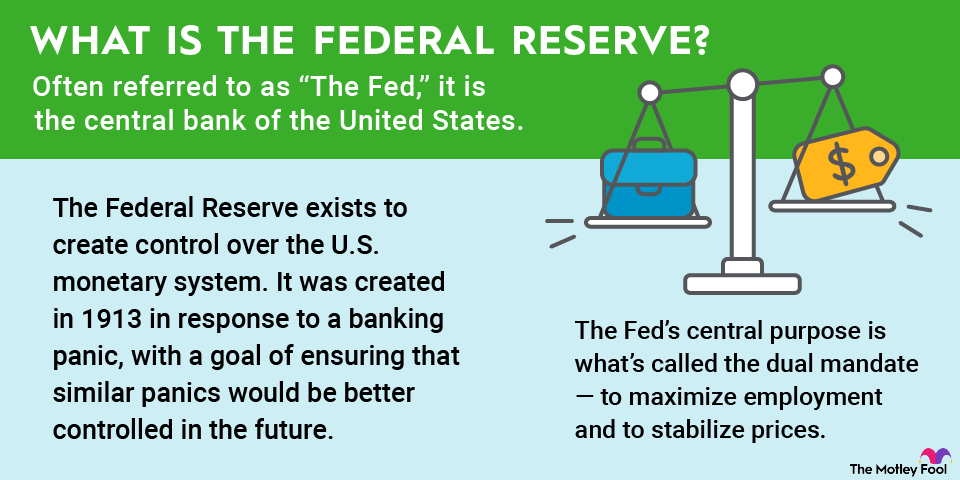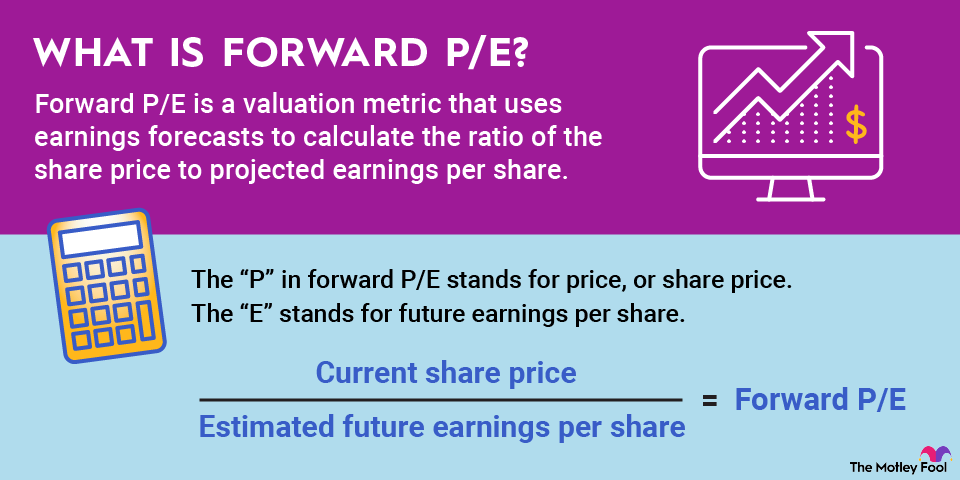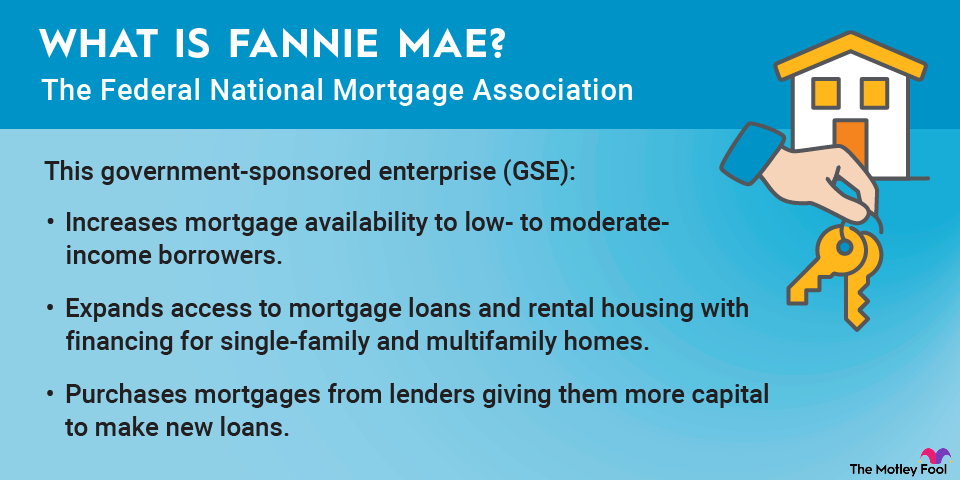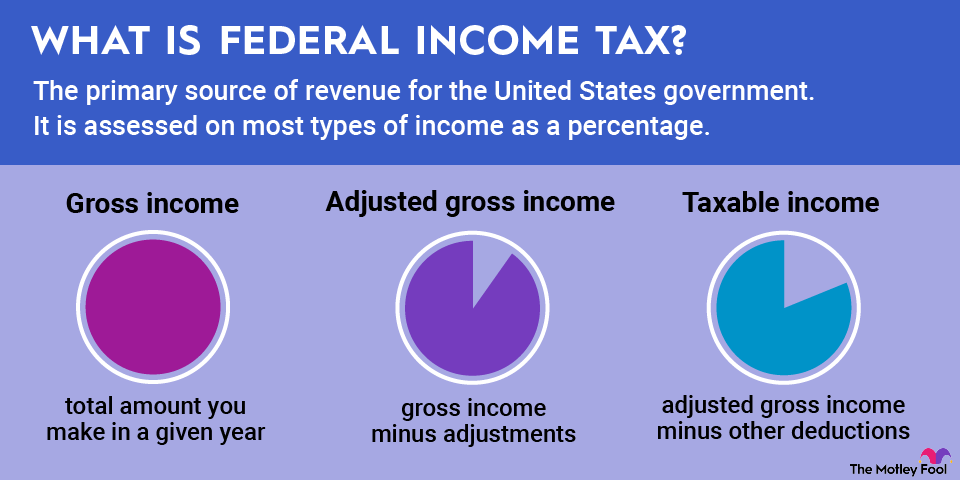The United States is the only industrialized country in the world that doesn't offer paid work leave for parents. Legislators last made an attempt to remedy the situation in 1993 with the passage of the Family and Medical Leave Act (FMLA). Read on to find out about its history, its rules, and steps that need to be taken by both employees and employers under the law.

What is the FMLA?
The Family and Medical Leave Act (FMLA) is a federal law that lets employees take unpaid leave to take care of a newborn, seriously ill immediate family member, or themselves if they're recovering from a major illness. Employees may use as much as 12 weeks of leave over any 12-month period.
The United States remains the only industrialized nation in the world that doesn't offer paid family leave; the 1993 law marked an early attempt to begin catching up with them. Even so, little action has been taken since then, as the law was extremely controversial among employers. Progress has been made in fits and starts, mostly at the state and local levels. The following 11 states and the District of Columbia now require employers to offer paid family and medical leave:
- California
- Colorado
- Connecticut
- Delaware
- District of Columbia
- Massachusetts
- Maryland
- New Jersey
- New York
- Oregon
- Rhode Island
- Washington
FMLA rules
The FMLA covers all U.S. private-sector employers that have had 50 or more employees for at least 20 weeks during the last or current year, as well as all public-sector employers, regardless of the number of employees. Employees who are covered must have worked 1,250 hours during the year before taking any leave and must have worked for the employer for at least 12 months (not necessarily consecutively). In addition, the time that employees take for vacation or sick leave doesn't count toward the 1,250-hour requirement.
Here are a few important things to keep in mind about the FMLA:
- Parents who adopt children or take children into foster care may take time under the law.
- The FMLA covers only caring for immediate family members -- spouse, children, or parents.
- Immediate family members who are called to active military service can use FMLA "for qualified exigencies."
- Employees may take as much as 26 weeks off to care for a covered member of the military with a major injury or illness.
- Both mothers and fathers can take FMLA leave. Mothers can take leave for prenatal care and/or any complications from pregnancy. Fathers can take leave to care for a spouse who needs help during pregnancy or after childbirth. Both parents can take leave to bond with a new child.
- Employers may not demand medical records before granting FMLA leave, but they may require certification issued by a healthcare provider. Employers may require a second (or third) opinion at their own expense if they have reason to doubt the certification is valid.
- A physical or mental illness is covered by FMLA if it requires treatment at least twice a year by a healthcare provider and recurs over an extended period of time.
- Employees need to give their employers at least a 30-day notice of plans to take leave if possible; if the need to take leave happens without warning, they should notify their employer as soon as possible. Employers must respond to the request within five business days.
- An employer can move an employee to a different job when they return from FMLA leave, as long as it's a "nearly identical" job with the same pay, hours, benefits, responsibilities, work schedule, and location.
Related investing topics
FMLA steps
Here's a quick overview of how to request leave under the FMLA:
- Determine if you're eligible. Again, you should have worked at least 12 months (not necessarily consecutively) and 1,250 hours during the 12 months before your request. You should be at a private workplace with more than 50 employees or a public-sector workplace with any number of employees.
- Provide your employer with at least 30 days of advance notice if possible.
- Complete any necessary forms from your employer's human resources department.
- Follow up with your employer to ensure that your request is processed. Your employer should respond within five business days of your request.
- Provide any necessary documentation to satisfy your employer. You are not obligated to share medical records, although your employer can request medical certification from a healthcare provider.
- Stay in contact with your employer. Provide any updates or changes, and let your employer know when you plan to return to work.



















